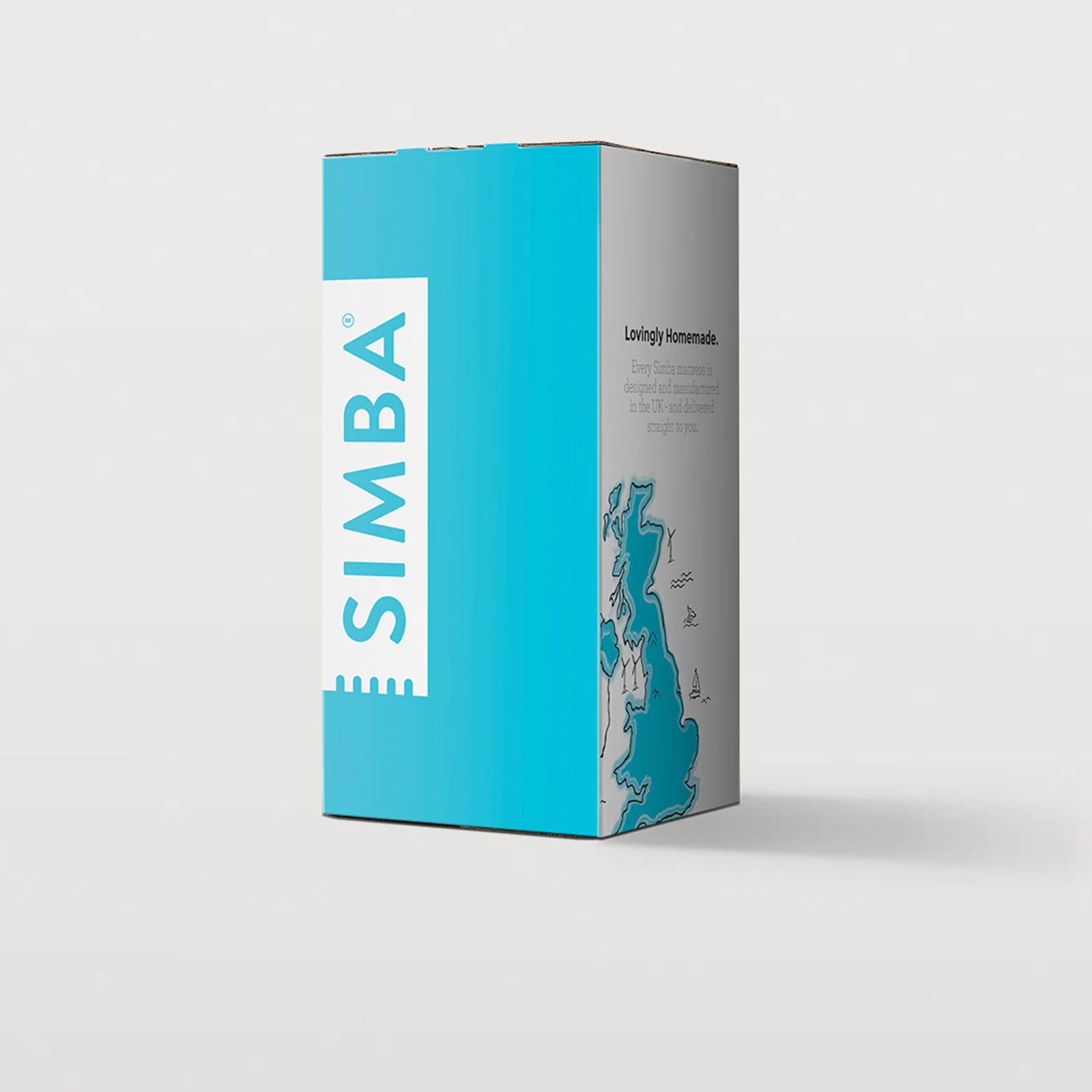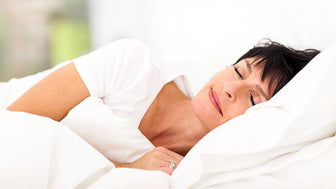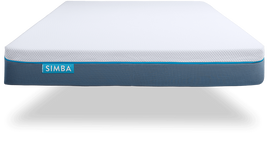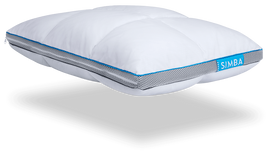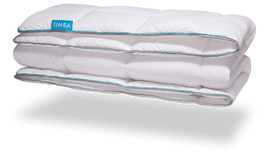Lying awake, tossing, and turning can be a very frustrating experience, especially when we know we are tired, or have a big day ahead of us.
Many of us experience trouble sleeping from time to time, so what is it and what causes insomnia?
WHAT IS INSOMNIA?
Insomnia is difficulty falling asleep or staying asleep. It is a very common sleep disorder. In Canada, as many as one in three people suffer from bouts of sleeplessness or disruption to their sleep-wake cycle, either occasionally or regularly. Persistent insomnia can negatively affect your quality of life.
There are three main types of insomnia:
- Transient insomnia - less than one month
- Short-term insomnia - between one and six months
- Chronic insomnia - more than six months or three or more sleepless nights per week for a month
WHAT ARE THE SIGNS OF INSOMNIA?
For most people, insomnia is characterised by the following symptoms:
- Difficulty falling asleep and staying asleep
- Spending long periods of the night awake
- Waking up frequently
- Early waking
- Waking up feeling unrefreshed
- Feel tired all day but unable to sleep at night
- Dependence on alcohol, sleeping bills or cannabis to fall asleep
WHAT CAUSES INSOMNIA?
Insomnia can be caused by a variety of factors, including a genetic or hereditary component. Common triggers of insomnia include the following:
- Jet lag
- Night shift work
- Mental health conditions such as Parkinson’s disease
- A traumatic event such as divorce or bereavement
- Health conditions such as chronic pain, hyperthyroidism, acid reflux, kidney disease, cancer and long COVID
- Hormonal changes in females (PMS, menopause)
- Stress, anxiety, and depression
- Poor sleep environment, too light or noisy, hot or cold, uncomfortable mattress, whereas Simba mattresses are engineered to offer responsive support. The Simba Hybrid Pro mattress has a double stack of Aerocoil springs that seamlessly bend and flex around your body
- Stimulants such as caffeine or alcohol
- Medications such as antidepressants
- As a symptom of an underlying sleep disorder such as sleep apnea or restless legs
HOW TO TREAT INSOMNIA?
Insomnia is a complex condition without a one-size-fits-all solution. Sleeping pills are usually a last resort, so the best way to overcome short-term insomnia is to improve your sleep hygiene.
Sleep hygiene is a behavioural and environmental practice to optimise your chances of a restorative night’s sleep - and basically describes good sleep habits. The following tips can help:
- Stick to a regular sleep schedule - go to bed and wake up at the same time every day and avoid naps
- Follow a nightly wind-down routine
- Avoid blue light or screen use for up to one hour before bed
- Limit caffeine, alcohol, and drug use
- Be physically active during the day
- Listen to white noise
- Over-the-counter sleep aids or supplements such as melatonin or valerian
- See a GP if there is no improvement
- Create the best sleep environment possible; sound proofing, black out blinds, best quality, responsive mattress and breathable bedding, ear plugs, eye mask and making sure you’re not too hot or too cold
- The Simba Hybrid® 5000 Pro Flex excels in climate control. Each layer in the sumptuous 31 cm deep mattress works cohesively to promote airflow and cooling comfort - providing the most sought-after slumber yet
- While The Simba Hybrid® Pillow promises a restful slumber thanks to its space-inspired temperature regulation called Stratos, alongside its adjustable height and firmness
HOW TO DEAL WITH INSOMNIA?
- Use a sleep diary to identify any triggers
- If you’re getting frustrated, get up and do another gentle activity such a read a book, take a bath, meditate, or stretch
- Follow the 10 3 2 1 0 sleep rule - cut out caffeine 10 hours before bed, don’t eat or drink alcohol 3 hours before bed, stop working 2 hours before bed, turn off screens and put away your phone one hour before bed, and hit the snooze button 0 times as it disrupts REM sleep
- Be kind to yourself and counter self-defeating thoughts with sleep-promoting ones
- Use mindfulness, meditation, and deep breathing to relax the mind

